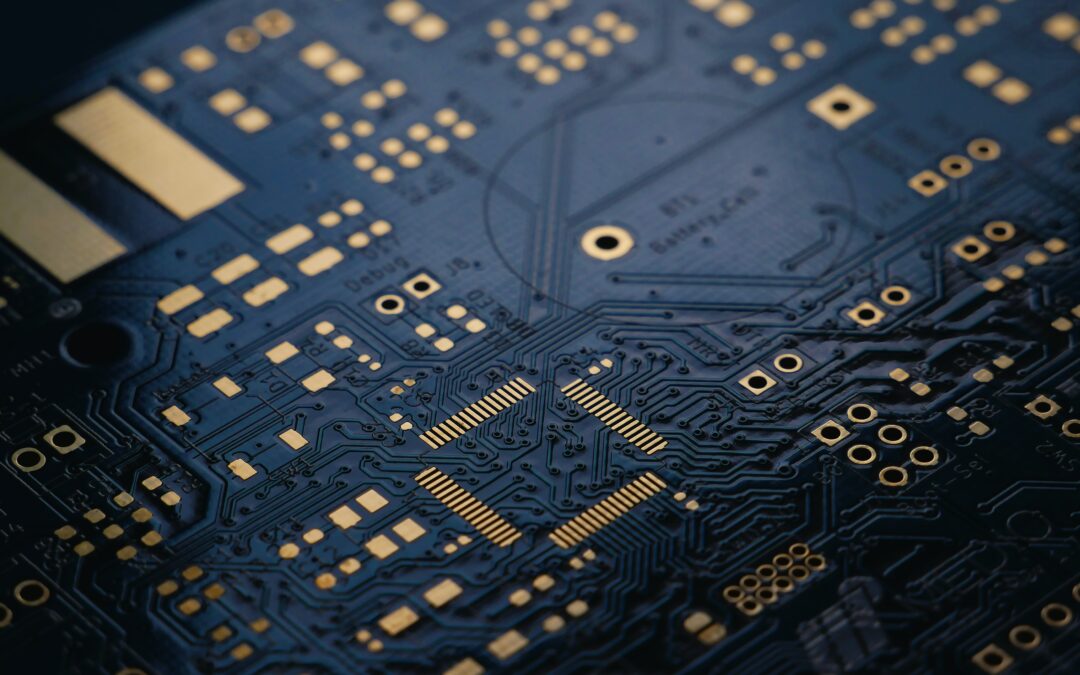In an era where technology continually reshapes our lives, the advent of brain chips represents a monumental leap in human-computer interaction. These cutting-edge devices, nestled at the intersection of neuroscience and technology, promise to transform not only how we interact with machines but also how we perceive our own cognitive and physical capabilities.
Advancements in Brain Chip Technology
Brain-computer interfaces (BCIs), the technology underpinning brain chips, have made significant strides in recent years. Ranging from non-invasive sensors resembling swim caps to invasive devices requiring surgical implantation, these interfaces allow direct communication between the brain and external devices. Particularly noteworthy are “neural dust” sensors, tiny enough to be implanted directly in the brain, paving the way for a future where thoughts can control machines with unprecedented precision and speed.
Transforming Human-Computer Interaction
The implications of brain chips in human-computer interaction are profound. Imagine controlling computers, prosthetic limbs, or even vehicles through thought alone. This technology could enhance physical capabilities in demanding scenarios, such as military operations, and offer new avenues for those with physical disabilities to interact with the world around them. The potential of BCIs extends beyond mere control of devices; it also includes cognitive enhancements, such as improved memory or accelerated learning.
Implications for Society and Everyday Life
The integration of brain chips into everyday life could have wide-reaching consequences. In medical contexts, they could provide groundbreaking solutions for individuals with neurological disorders or injuries. However, the societal impact goes beyond healthcare. Brain chips could alter how we work, learn, and communicate, fundamentally changing the fabric of our daily lives.
Ethical Considerations and Challenges
The development of brain chips brings with it a host of ethical considerations. Privacy concerns, the potential for misuse, and the implications of such profound human enhancement are topics of intense debate. As this technology progresses, it will be crucial to develop robust ethical frameworks and regulations to guide its use and ensure it serves the betterment of society as a whole.
Vision for the Future
Looking ahead, the future of brain chips and human-computer interaction seems bound only by the limits of our imagination. Integrations with AI, quantum computing, and other emerging technologies could lead to advancements we can scarcely conceive of today. As we navigate this uncharted territory, it will be vital to balance innovation with careful consideration of the societal and ethical implications of such powerful technology.
Key Takeaways
The journey towards fully realizing the potential of brain chips is as exciting as it is complex. As we stand on the cusp of this new era in human-computer interaction, it is our responsibility to steer this technology towards outcomes that enhance and enrich human life, while being mindful of the profound ethical and societal questions it raises. The fusion of mind and machine, once a science fiction trope, is now within our grasp, heralding a future of untold possibilities.

